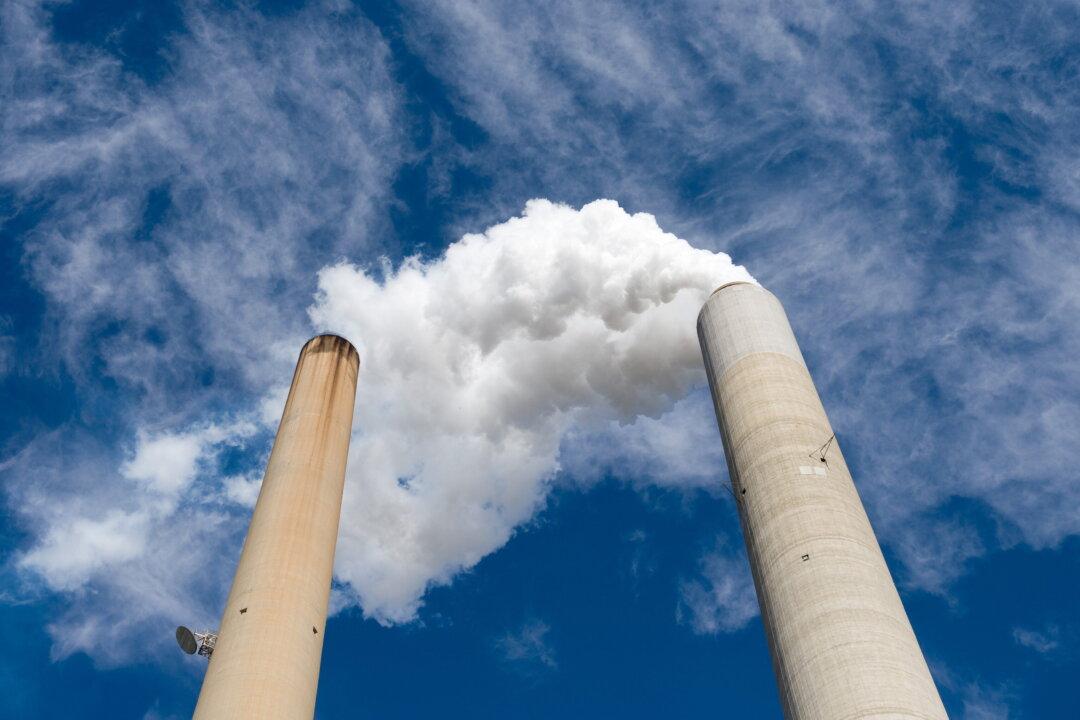The battle over whether Pennsylvania will join the Regional Greenhouse Gas Initiative (RGGI) has intensified as the plan cleared a pivotal hurdle on Wednesday, gaining approval by the state Independent Regulatory Review Commission.
“Climate change is one of the most critical issues we face, and I have made it a priority to address ways to reduce greenhouse gas emissions,” Gov. Tom Wolf said in a statement responding to the approval. “By participating in RGGI, Pennsylvania is taking a historic, proactive and progressive approach that will have significant positive environmental, public health and economic impacts”





